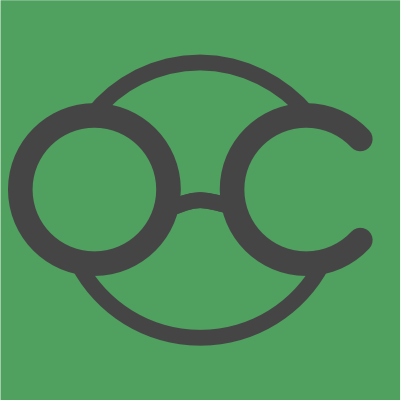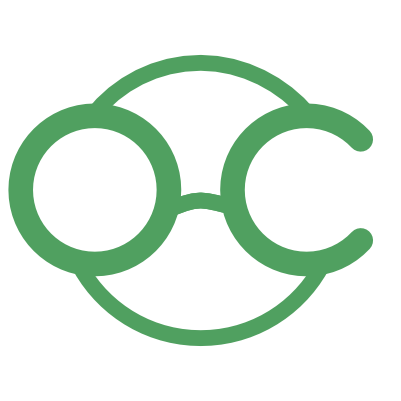You’re here, you’ve decided coding is your way out of your current situation – a wise choice, congratulations. The possibilities are almost endless, so many languages, so many career paths. So, once you inevitably navigate away from Outfox Code (hey, not just yet, sit back down), where do you start?
It can be intimidating. Humans don’t always respond well to overwhelming tasks. It’s hard to know where to start. So, I’m here to try guide you a little, give you a gentle self-guided nudge so that you’re not left in a state of paralysis.
Find your start point
My first suggestion (upon completing your read-through of this post – get that bum back on the seat) would be the resources section that I put together.
Spend some time to reflect on what skills and knowledge you already have. Have you ever coded anything before? Are you a whizz on Excel, Word, Tetris? Highly analytical job? These could all help you.
What industry/role you want?
Do you already know that you want to work in video games – a huge industry (understatement of the century)? Or, maybe cyber security – the world needs digital protection more than ever. Want to use data to prevent mankind from self-destructing through the effects of global warming and general idiocy? Fancy being part of the A.I movement?
When I started my journey I had no idea at all. I presumed I’d be a web designer as I like to draw/design plus, my career at the time (International Trade) meant that I was logical, organised and analytical. I presumed this combination would make me a prime candiate.
To be sure, I participated in some online questionnaires that recommended career paths as a result. Prospects is a great place to get inspiration and guidance. It will give a breakdown of more particular roles, expected salary ranges etc. Get informed.
My result said I should be a Web Developer (full stack), makes sense when you look at the requirements – an eye for design, but with the analytical and logic skills to build the behind the scenes code.
Have you completed the questionnaire? What was your recommended career path?
Once you know a suitable career – I hope it’s one that excites you, this is important too. Why move from a career you don’t enjoy into a new one that equally aren’t going to enjoy.
Next, it is time to research what coding languages and pathways you should pursue.
Word of caution: it can sometimes be the case that your dream job doesn’t suit your strengths. By all means, shoot the moon and go for it, but, I’d advise to strike a balance as you want to enjoy your role but you must also thrive in it and be able to progress in it too.
Follow the yellow brick code (see what I did there?)
There’s only one resource I’d recommend here and it is this beauty.
As you may or may not already know – there are many languages and upon those languages there can be many frameworks (essentially languages that are built upon an already mainstream/existing language). It can be more complex than that, but it needn’t be.
Different languages tend to suit certain applications of code, although some are known to be more all-rounders and can be found in many different places (such as JavaScript can be used on web design, software and video games).
I’m not going to advocate for any language in particular, everyone has an opinion. My advice remains that doing your research will hopefully point you in the right direction.
Tip: If you’re looking at job postings in your aspired field, don’t get drawn into the amount of languages and experience they ask for. It can be overwhelming and frankly, disheartening. Many of the languages and frameworks you’ll see listed can be learned (but maybe not mastered) fairly quickly once you know the basics of coding and know a language fairly well.
As for the years of experience, this does make it tough and may limit your odds when starting out but you just need that one employer to give you a chance. When that chance is handed to you – make sure you’re ready.
Putting it all together
You know what job you’d like, you know what languages you’d most likely need to learn and you have found a suitable roadmap on how to gain the knowledge and experience required to get the job. You’re also gearing up to take that opportunity and never look back.
Next task is to be patient – this won’t happen overnight – and consider how you learn best. Are video tutorials/courses your thing? Written materials? University? Bootcamps? I list some on the resources page.
There are seriously, SO many options out there – going for reputable materials is a must – I’d check reviews for any courses you’re going to part money with to take part. If it’s free, I’d question why it is free and if it would only best serve those who are starting out (much like the aim of this blog – which is free!).
You’ll still have many questions I’m sure which I hope to answer in the near future. A big one for all you desperate types is – how quickly can all this happen?
Short answer, I don’t know. Long answer, I don’t know either. My journey started in 2020 and I got my first job 2022 after studying ‘full-time’ throughout. Realistically I had some vague coding experience from when I was younger (thank you ZX Spectrum) and my job (Export Specialist) helped me to pick up things quickly – with little to no help other than complex documentation and some friendly, helpful industry types.
Summary
Do you research, plan ahead. Getting everything in place before you tackle a problem is not a bad approach to get used to (I’ve found with coding, it’s best to plan ahead, you’ll still hit unforeseen issues but, far less than if you’d just dived in headfirst!)
I hear stories of people getting a job in six months, some it can take years learning as a hobby. It seriously depends. My advice, focus on making the steps and taking the right actions and your goal will eventually materialise.
Enjoy the process, don’t get stressed or desperate. don’t measure yourself against others – just focus on your own progress, strive to be more knowledgable and more experienced every day/week.
You’ve got this!
Hit me up with thoughts and questions. It’d be nice to hear from you.
Tara!

